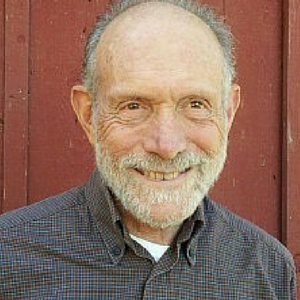“Whilst we may attack measures and systems we may not, must not, attack men. Imperfect ourselves, we must be tender toward others and slow to impute motives.” ~ Gandhi, Young India Sept. 29, 1921
It is interesting that this statement of the core principle of nonviolence (and the reasoning behind it) occurs a little less than a year before the unfortunate incident at Chauri Chaura in Uttar Pradesh, where demonstrators lost control and burned down a police station (and its occupants), causing Gandhi to undertake a penitential fast and call off the impressively successful “non-cooperation movement,” the first major, directly anti-government campaign of the freedom struggle. We are so far from being “tender toward others” or “slow to impute (wrong) motives” today, in our political lives most conspicuously (you’ll be reading this during the “deplorable” US presidential campaigns of 2016), that it’s arresting to see how far he could go in his ability to let go of a power that seemed within his grasp when its imperfections came to the surface.
Thanks for sharing a comment below.
About Daily Metta
 Stephanie Van Hook, the Metta Center’s executive director, launched Daily Metta in 2015 as a way to share Gandhi’s spiritual wisdom and experiments with nonviolence.
Stephanie Van Hook, the Metta Center’s executive director, launched Daily Metta in 2015 as a way to share Gandhi’s spiritual wisdom and experiments with nonviolence.
Our 2016 Daily Metta continues with Gandhi on weekdays. On weekends, we share videos that complement Michael Nagler’s award-winning book, The Search for a Nonviolent Future: A Promise of Peace for Ourselves, Our Families, and Our World. To help readers engage with the book more deeply, the Metta Center offers a free PDF study guide.
Enjoy more Daily Metta: See the archives
Get Daily Metta by email: Subscribe









In reading the Daily Mettas in this past month, I am aware that it takes more than a desire for nonviolence, and this post validates that. Yes, nonviolence can be done; however, we need a leader, like Gandhi, and each person also needs commitment to daily practices so that we can live nonviolently in trying circumstances as in cited in this post.